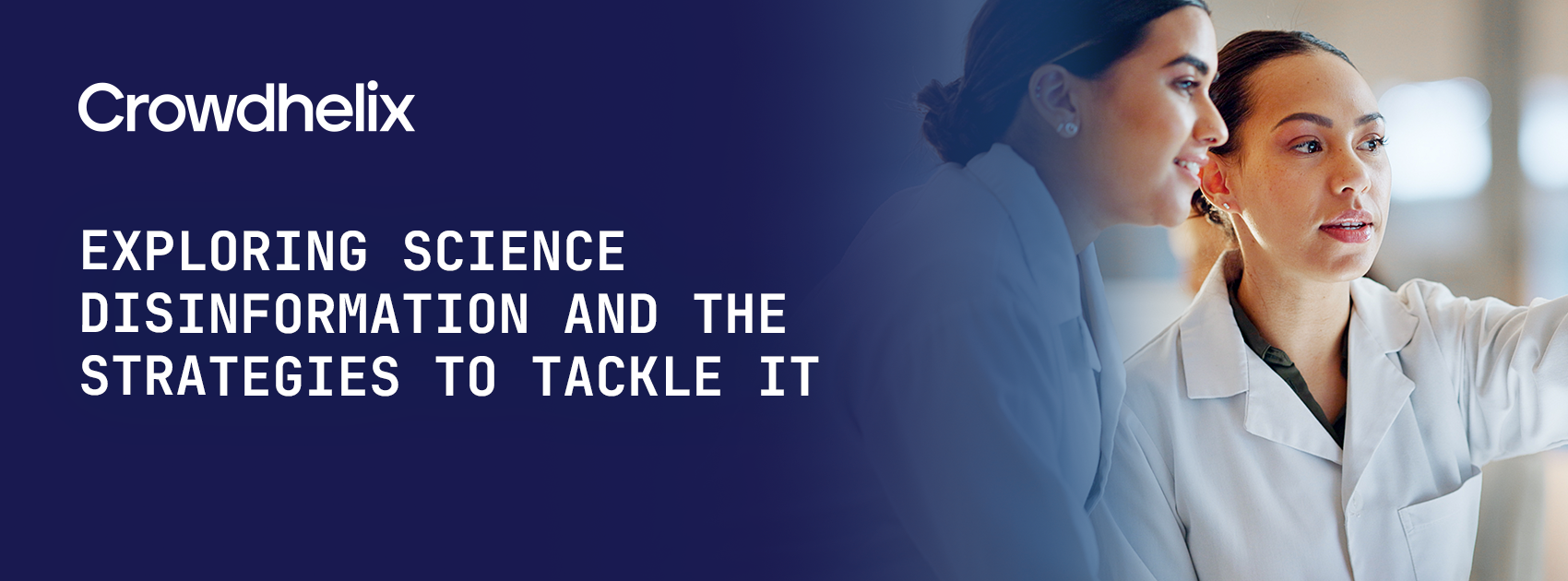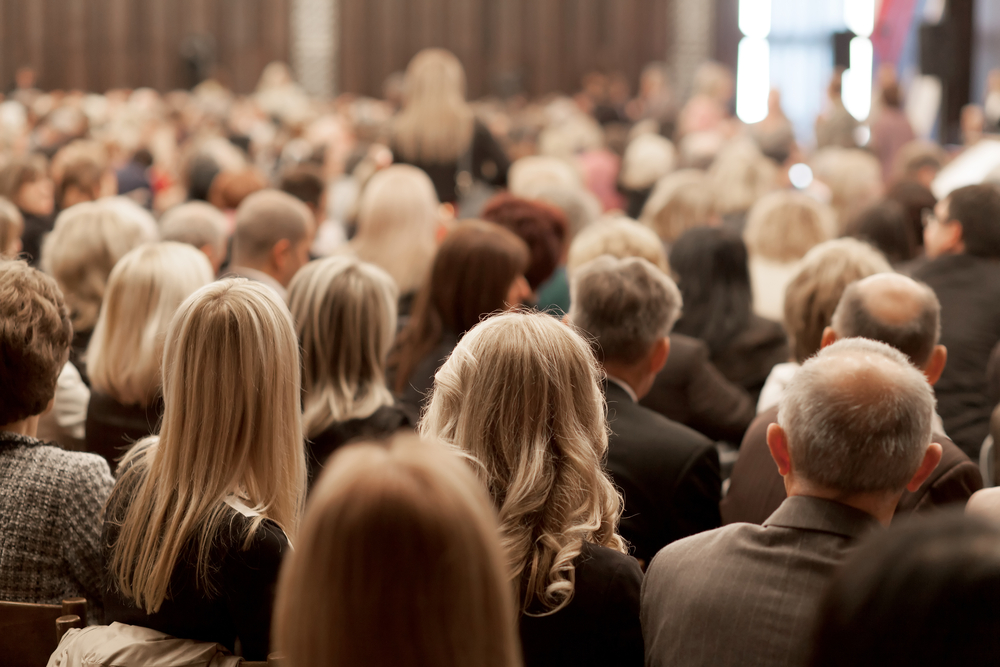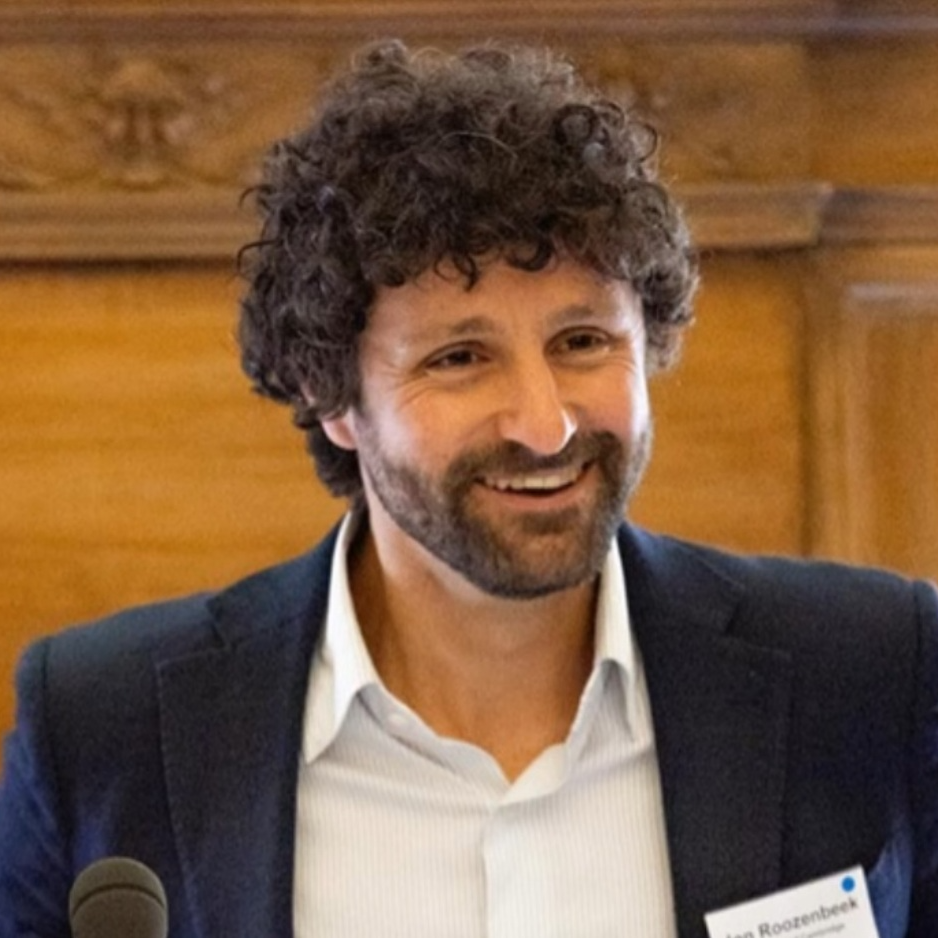
Exploring Science Disinformation and the Strategies to Tackle It
13/11/2025
14/11/2025

About
People eat about 8 spiders per year in their sleep. Toothpaste gives you autism. Climate change is a hoax by scientists so they can get more grant money. These sound like absurd statements, but they’re either widely repeated or believed by important people.
But why do we believe in misinformation about science? How dangerous is it? Who is spreading it, and why? And what can we do about it?
In this talk, Jon Roozenbeek discusses the science of science misinformation, and the psychological underpinnings of misbeliefs.
This event aims to explain:
But why do we believe in misinformation about science? How dangerous is it? Who is spreading it, and why? And what can we do about it?
In this talk, Jon Roozenbeek discusses the science of science misinformation, and the psychological underpinnings of misbeliefs.
This event aims to explain:
- What makes science disinformation effective
- How technology affects the spread of science disinformation
- What counter-measures exist and how well they work
Date & Time
Thursday 13th of November, 2025 at 11:00 AM CET
Register Today
Speakers

Jon Roozenbeek
Lecturer @ University of Cambridge
Jon Roozenbeek is a Lecturer in Psychology at the University of Cambridge. He studies why we believe things that aren’t true, if social media and AI fuel or reduce polarisation and conflict, and how we can make the internet a more pleasant place to be. He is among the 1% most highly cited scientists worldwide, and has recently written two books: The Psychology of Misinformation (with Sander van der Linden) and Propaganda and Ideology in the Russian-Ukrainian War.
